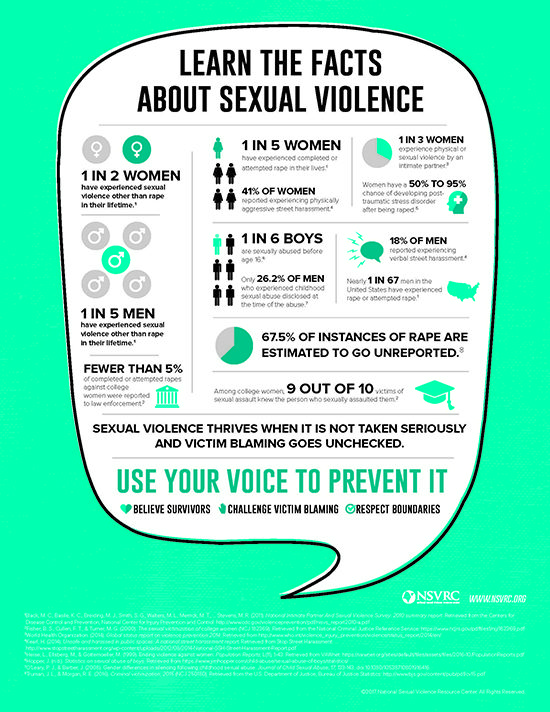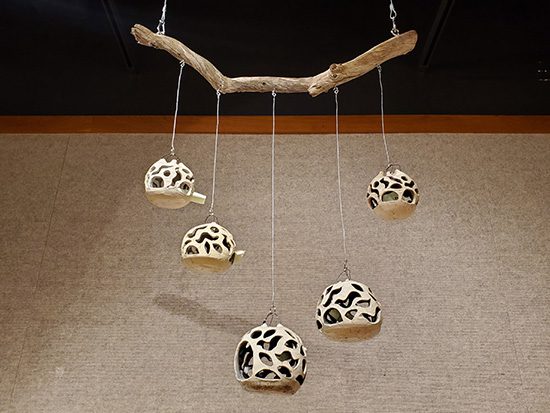 APRIL IS #SAAM (Sex Assault Awareness Month)
APRIL IS #SAAM (Sex Assault Awareness Month)
Sexual assault resources on campus: Where can you go?
According to the National Criminal Justice Reference Service, 1 in 5 women and 1 in 16 men are sexually assaulted while in college, but the vast majority of sexual assault crimes on college campuses (90 percent) are never reported.
Do you know where to go to get help?
Here at WCC, we have various resources to help you during a difficult time. The Mental Health & Wellness Counseling Office where I work is a confidential space on campus. This is where to go when you aren’t sure what to do.
Not sure if you want to report? Not sure where to get help either on or off the campus? What about police reporting? What about what it’s really like to go through the reporting process?
The office is where all your questions can be answered without having to get the school involved just yet. You may not want that, and it may not be the best choice for you. However, talking to someone else on campus could result in an unintentional report.
By utilizing this confidential resource, you will be able to process everything in your own time so you can make the best choice for YOU.
Protecting our keiki: Tips on talking with keiki about sexual abuse and body safety
While there is awareness of college campus sex assault, we often overlook our keiki and our teens. Many students either have their own children or are around children. There are lots of ways to help educate kids and teens about sexual violence and safety.
Here are a few great tips for talking with young children about body safety:
- “Your body is yours only.” A good rule of thumb–any place your bathing suit covers is your “private place,” and no one should ever touch there.
- “Our family doesn’t keep secrets.” Secrets are not okay. Surprises are different. Not telling someone what their birthday present is not the same as not telling someone something because you or they might get in trouble. Let them know you are a safe place for them to talk to you about anyone asking them to keep secrets.
- “It’s okay to say no.” This basic skill takes practice for keiki. Reassure them that their body is theirs and that they also don’t have to be forced to see other people’s bodies.
- “Talk to me.” Keep communication open with keiki. Remind them that they will always be believed and protected.
While these are just some quick tips, more information is available through the Mental Health & Wellness Office. You can also learn more at the following websites: The Sex Abuse Treatment Center (satchawaii.org), National Sexual Violence Resource Center (nsvrc.org) and the Rape, Abuse, Incest National Network (rainn.org).
by Karla Silva-Park, LMHC, NCC



 APRIL IS #SAAM (Sex Assault Awareness Month)
APRIL IS #SAAM (Sex Assault Awareness Month)

